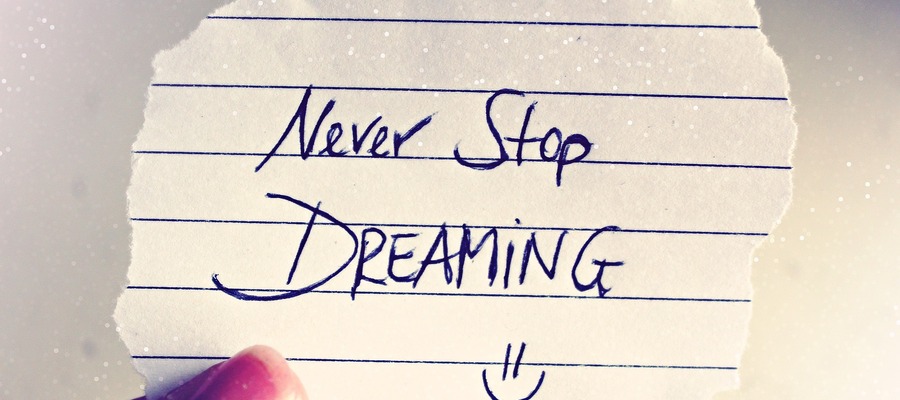
Things to do when you're well, according to people with anxiety
Mental hygiene is the things you regularly do to keep yourself mentally healthy. Just like we have a daily routine for physical hygiene and dental hygiene, there are things we can do to keep our mental health on the right track.
But what actually helps? At a recent group session at my charity, Anxiety Leeds, we asked people living with anxiety what really helps them.
Of course, I can't go into specifics or details or individual people's stories. But there were clear themes that we can pull out and discuss. Here are the four biggest.
Gratitude
As anxiety sufferers, we often focus on the negative. No wonder our mood is often low. Training ourselves to focus on the positives, or at least remind ourselves of it, can go a big way in helping.
An easy way to do this is to write down three positive things before you go to bed. It might be something that happened to you today, or it might be something that is always a feature of your life but that you are grateful for nonetheless.
It can be hard to get started, so give it a bit of time. Often, you find that once you have started, the whole exercise becomes a lot easier.
Social commitments
Some people find that making commitments when they are feeling well will help them through the rough times. The idea is this:
If I make a commitment when I am feeling well, I will feel obligated to honour it while I am feeling unwell. Therefore, it will provide me with the motivation I need to get out of the house and continue with some kind of normal routine.
However, it can be a minefield. Other people find that if they make commitments and then break them, they feel worse. Therefore, it is important to manage the level of commitments you are making based on how well they work for you.
Exercise
I've written a lot of articles on the benefits of exercise for your mental health.
It doesn't have to be hitting the gym or running a marathon. Just going for a walk in the fresh air often makes people feel better.
The danger with walking is that it is often a solitary activity, which gives you time to ruminate. You can alleviate this problem by practising mindfulness (see the next section) or you may want to exercise communally with friends or a local walking club.
This is a great opportunity to connect with nature, which also has powerful benefits for our mental health.
Finally, it can also be a way to add some control to our lives. When you get the bus, you are dependent on the bus being on time and on the traffic: all things outside of your control. When you walk, you are in control.
Mindfulness
Mindfulness is the practice of living in the moment and not allowing ourselves to get caught up in those thoughts that constantly swim into our heads.
The point of mindfulness is not to banish those thoughts so that we never have them. It is to learn to manage them. To ignore them. We allow them to come and go through our mind without becoming emotionally attached to them.
Some people see a benefit from mindfulness meditation straight away. Others find that the benefits only come later down the line. For me personally, I did a ten-minute meditation every day for months, wondering if I was really seeing a benefit. It was only when I went through a bad patch that I saw the positives it can bring.
If you're looking to get started with mindfulness, you can download our free book, or take our free 5-Day Mindfulness for Anxiety course.
Conclusion
Taking care of your mental health is not just something you need to do through the hard times: it is something that you need to do through the good times to ensure the good times are more frequent than the bad times.
There are lots of things you can do, but the four topics presented here and those that anxiety sufferers most often describe as being something they have found to be helpful in their experience.
If you want to make some changes in your life, start by picking one of them. Small changes that you stick to will provide longer-term benefits than diving into everything and then giving it up because it's too pressure all at once.
Related articles
Metadata
Published 26 February 2018. Written by Chris Worfolk.

